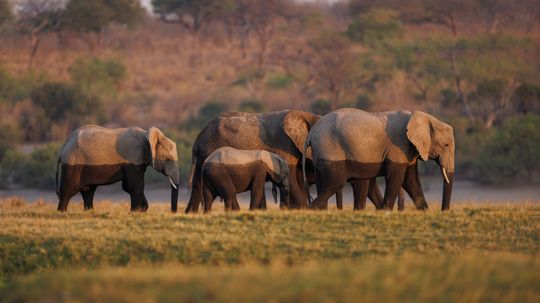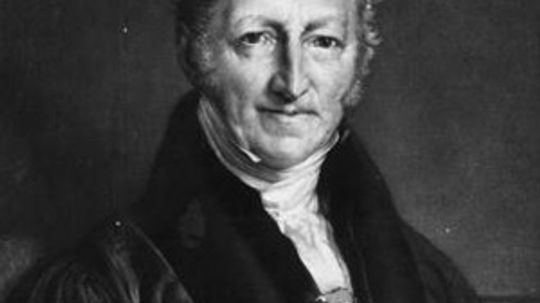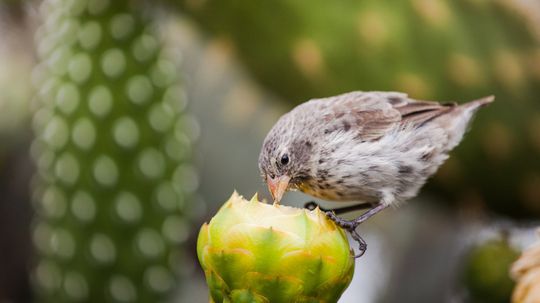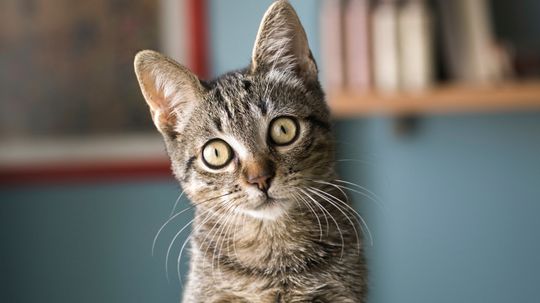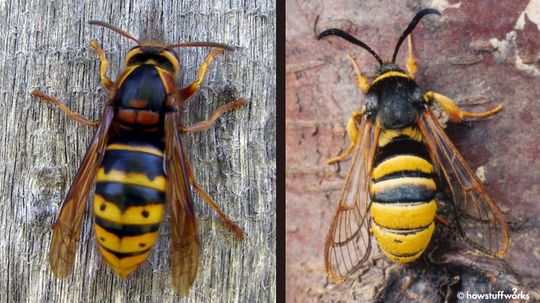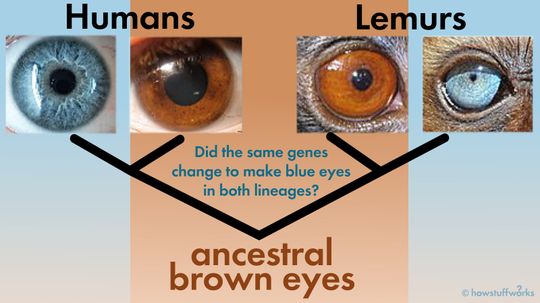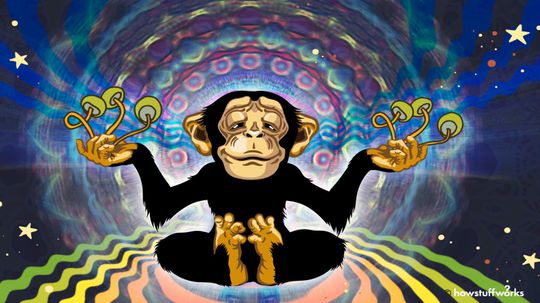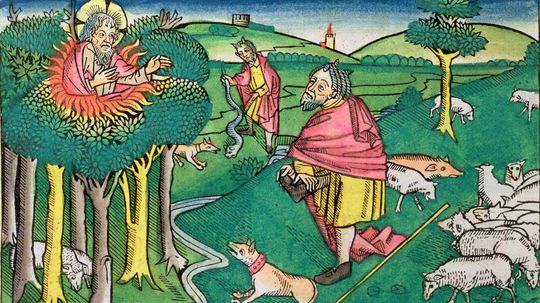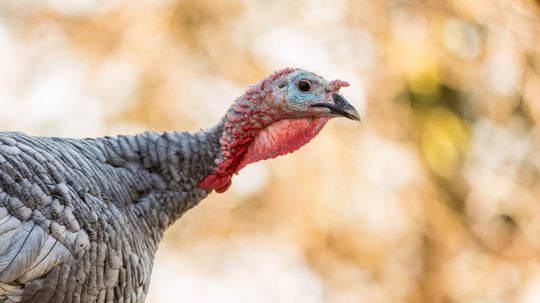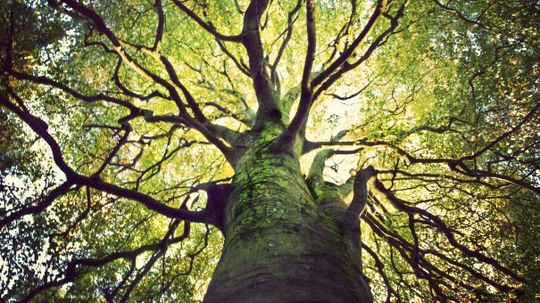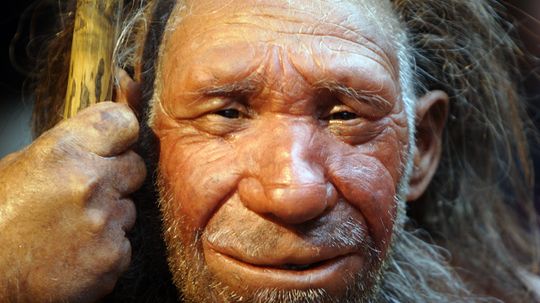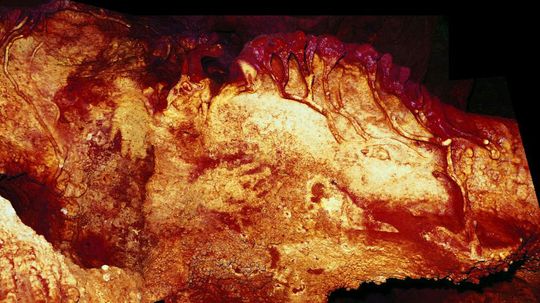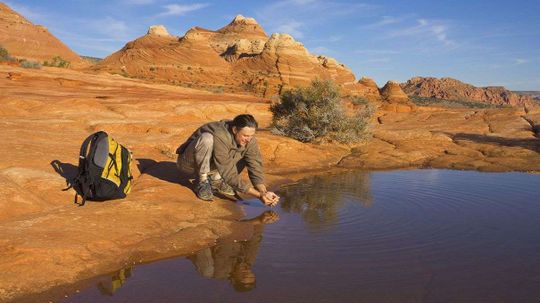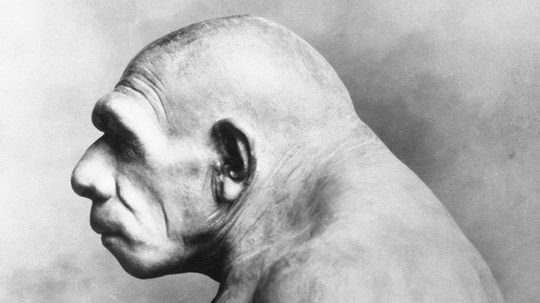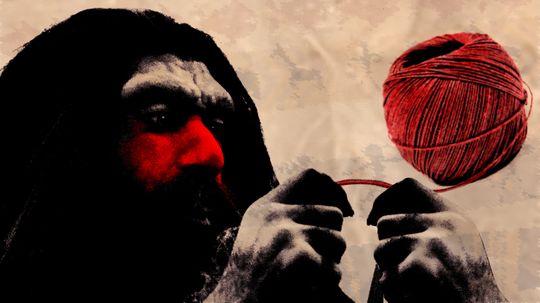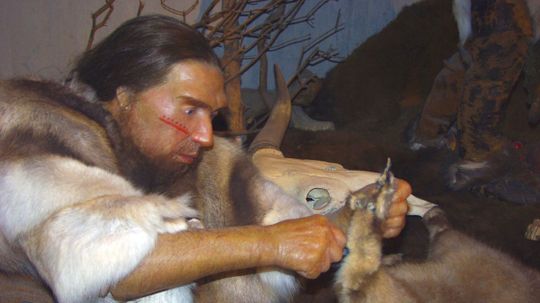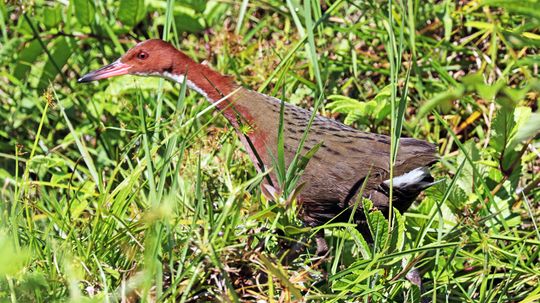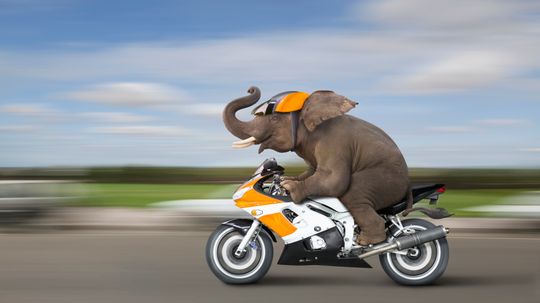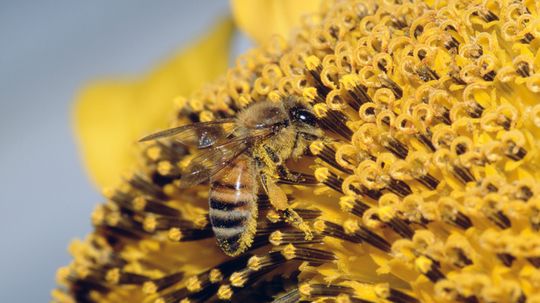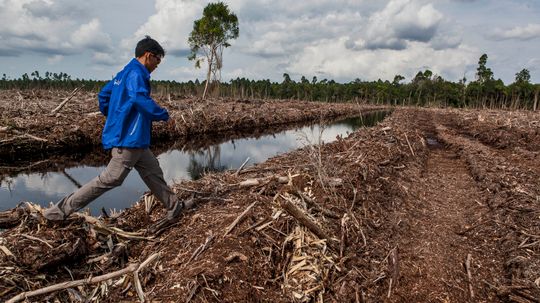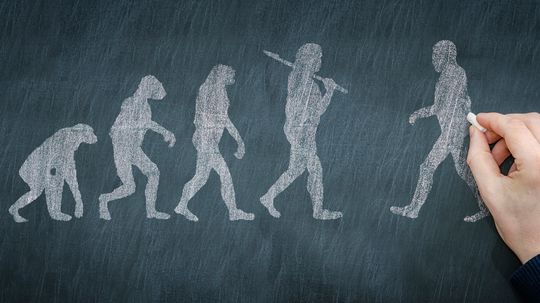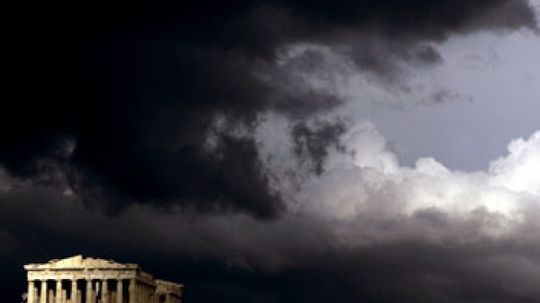Evolution
These articles explore evolution - the changes seen in the inherited traits of a population from one generation to the next. Evolution is one of the great mysteries of biology, since it is a slow process and difficult to study.
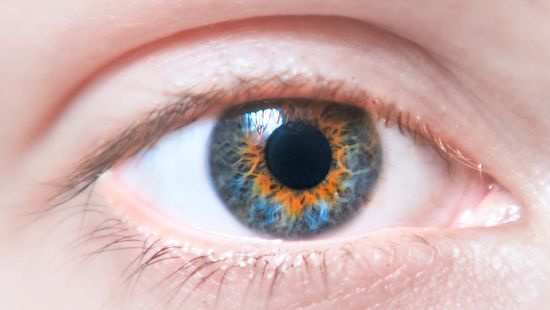
Central Heterochromia: When to Worry About Eye Color

10 Types of Noses to Spot in a Crowd
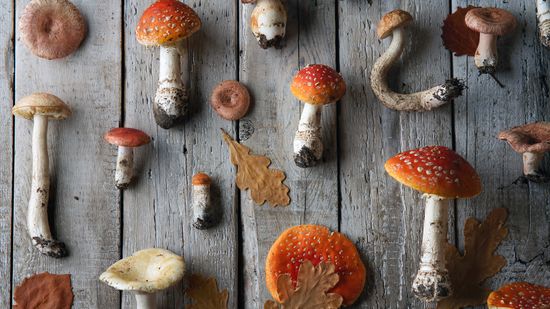
3 Major Types of Mushrooms: Edible, Wild and Poisonous
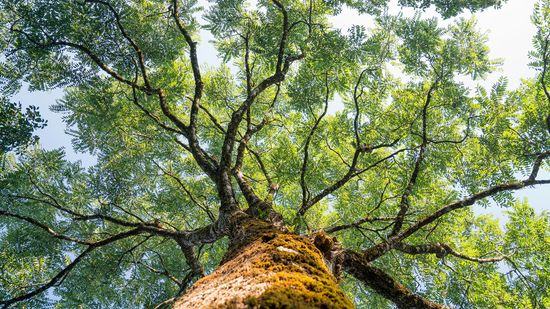
3 Types of Trees You'll Find All Over the Planet
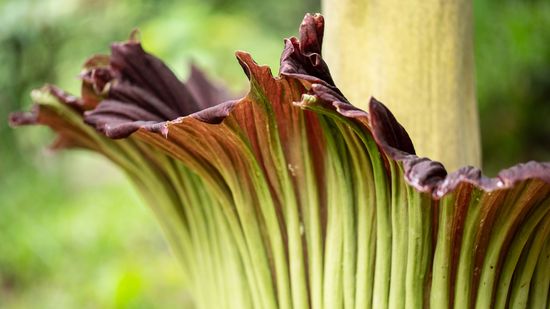
A Corpse Flower Can Grow Over 12 Feet (3.7 Meters) Tall
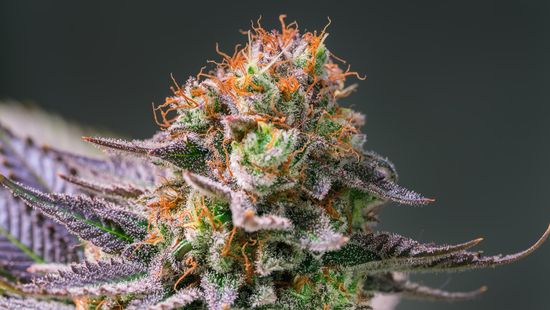
Indica vs. Sativa: How to Distinguish Between Cannabis Plants
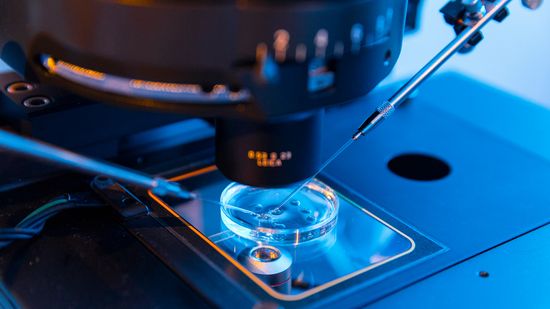
In Vivo vs. In Vitro Trials (and Why Combining Both Is Best)

Hypertonic vs. Hypotonic Solutions: Differences and Uses

Your Phone Is a Germ Factory, So Stop Taking It to the Toilet
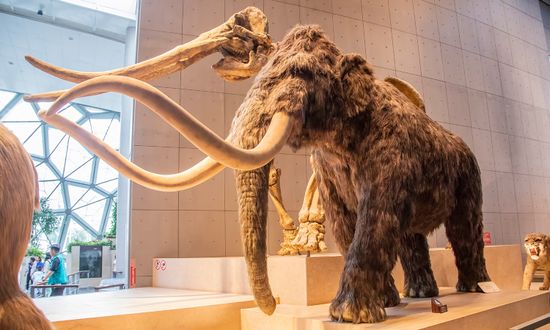
Is a Woolly Mammoth Clone Even Possible?

The Most Common Hair Color Isn't Blonde

What Is the Most Common Eye Color? Over 70% of People Have It
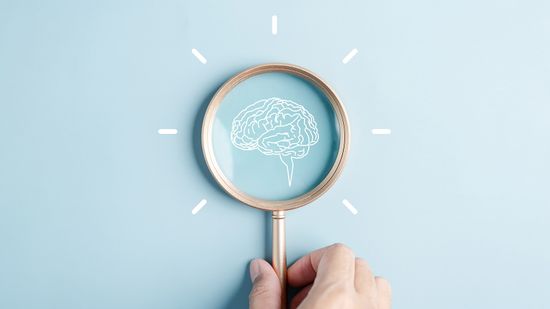
9 Types of Intelligence: The Many Ways to Expand Your Mind
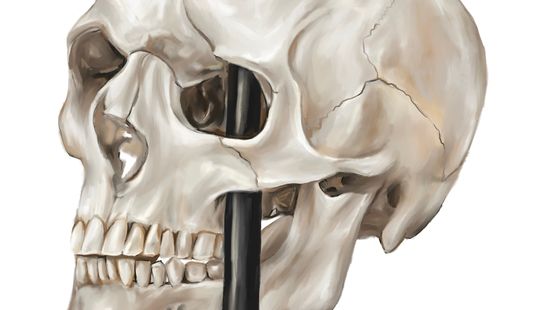
Phineas Gage and the Birth of Modern Neuroscience
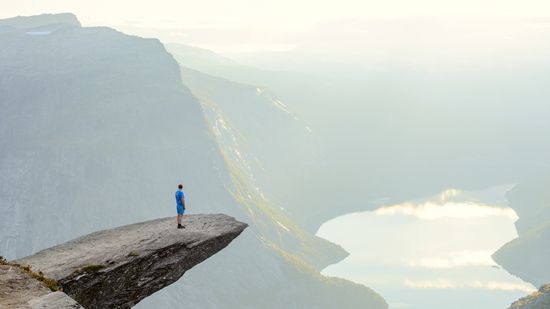
Call of the Void: A Counterintuitive Form of Self-preservation
Learn More / Page 2
A society run by women doesn't have to be the mirror opposite of one run by men. What does a matriarchy look like, and is it possible you're already living in one?
As the human population soars, our ability to feed all those hungry mouths can't keep pace. How did an English economist by the name of Thomas Malthus wind up thinking about this very issue in the 19th century, and what's his connection to Darwin?
Every species on Earth, from the majestic humpback whale to the bacteria happily living in your gut, has a special role to play within a defined ecosystem. Can organisms ever trade their existing niches for new ones?
Advertisement
Everyone knows that humans require food, water and shelter, but what about knowledge? It turns out that we have an innate, unquenchable need to seek out new things and new stimuli. Aren't you curious?
By Josh Clark
You stub your toe, and it begins to throb almost immediately. You wince as the pain takes hold for a moment and you can't concentrate on anything else. But is some pain just in your head?
Batesian mimicry is an evolutionary strategy used by vulnerable species to look like a dangerous species so predators will leave them alone. But it only works under the right circumstances.
Organisms not related to each other can develop similar physical attributes without even exchanging notes.
Advertisement
Do we owe the emergence of language and self-reflection to the ancient and sustained consumption of psilocybin mushrooms?
The question of exactly what is human consciousness and how it came to be in the human mind has raged forever between philosophers, religious scholars and scientists, but does the theory of the bicameral mind explain it?
By Robert Lamb
Long before sonnets, sestinas and short stories were historical accounts of kings carved onto clay tablets. Who were the first writers and what did they scribble?
Humans can certainly claim some of these, but sloths, giraffes and pandas wanted a piece of the action, too. The hyena adaptation, however, may just blow your mind.
Advertisement
The newly developed family tree of Earth's 2.3 million species is a first draft of the 3.5-billion-year history of evolution.
Were hobbits and giants real? And are they distant relatives of humans?
By Diana Brown
New research shows that homo sapiens weren't the first folks to decorate their caves with artwork. Neanderthals actually did it thousands of years earlier.
By Alia Hoyt
You'd think being able to smell drinkable water would be an evolutionary advantage. But we can only smell things that suggest potable water. Why is that?
Advertisement
Neanderthals may be long gone, but their genetic footprint lives on - in us.
By Robert Lamb
We make a big deal about modern humans being smarter than Neanderthals, but, really, are we?
The more we research our closest extinct human ancestor, the more we realize how similar we were. But could we have shared a joke?
The flightless Aldabra rail lives exclusively on the Aldabra Atoll in Madagascar. But it appears to have descended from birds that soar.
By Mark Mancini
Advertisement
Evolution is a never-ending process, but some scientists believe it might be speeding up as human activity impacts the environment.
By Bambi Turner
We're used to taking the phrase "survival of the fittest" to mean it's an "every man for himself" world. But some animals (like worker bees) sacrifice themselves to ensure their species lives on. Why would they do this?
By Dave Roos
If dinosaurs hadn't gone extinct, you wouldn't exist. Extinction may seem inherently bad, but sometimes the death of a species encourages new life.
Since Charles Darwin published the theory of evolution by means of natural selection, myths and misinterpretations have eroded public understanding of his ideas. Ready to take another look at one of the related questions that just won't die?
By William Harris & Sascha Bos
Advertisement
Depending on whom and when you ask, everything from same-sex smooching to punk music portends the end of Western civilization. Do any of these cultural commentators have a case?
By Robert Lamb
In Charles Darwin's book On the Origin of Species, he referred to a number of "vestiges" in human anatomy that he posited are remnants left over from the course of our species' development over time. Darwin suggested that these vestigial organs are evidence of evolution and represent functions that were once necessary for our survival, but [...] The post 10 Physical Human Traits That Evolution Has Made Obsolete appeared first on Goliath.
By Wes Walcott
